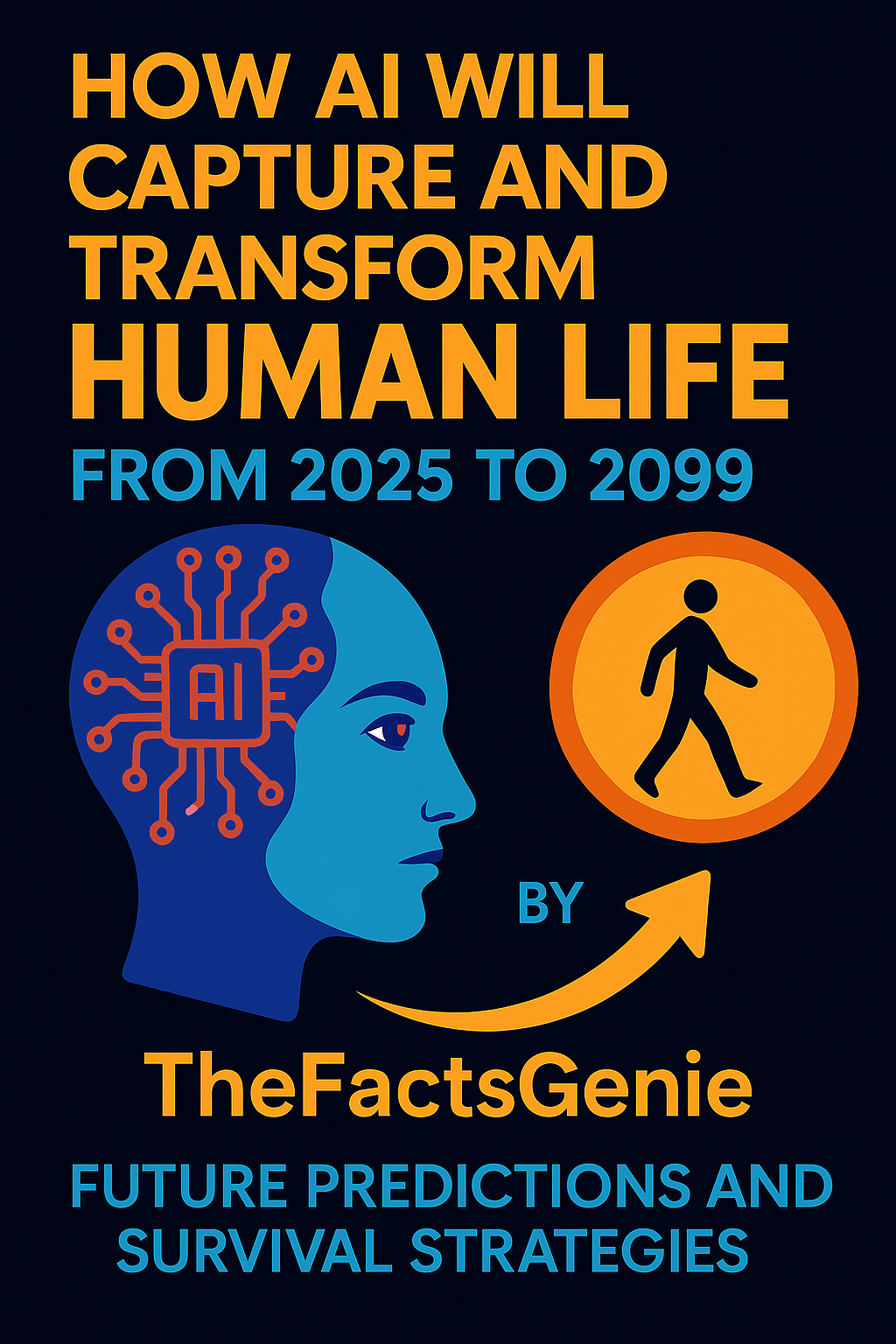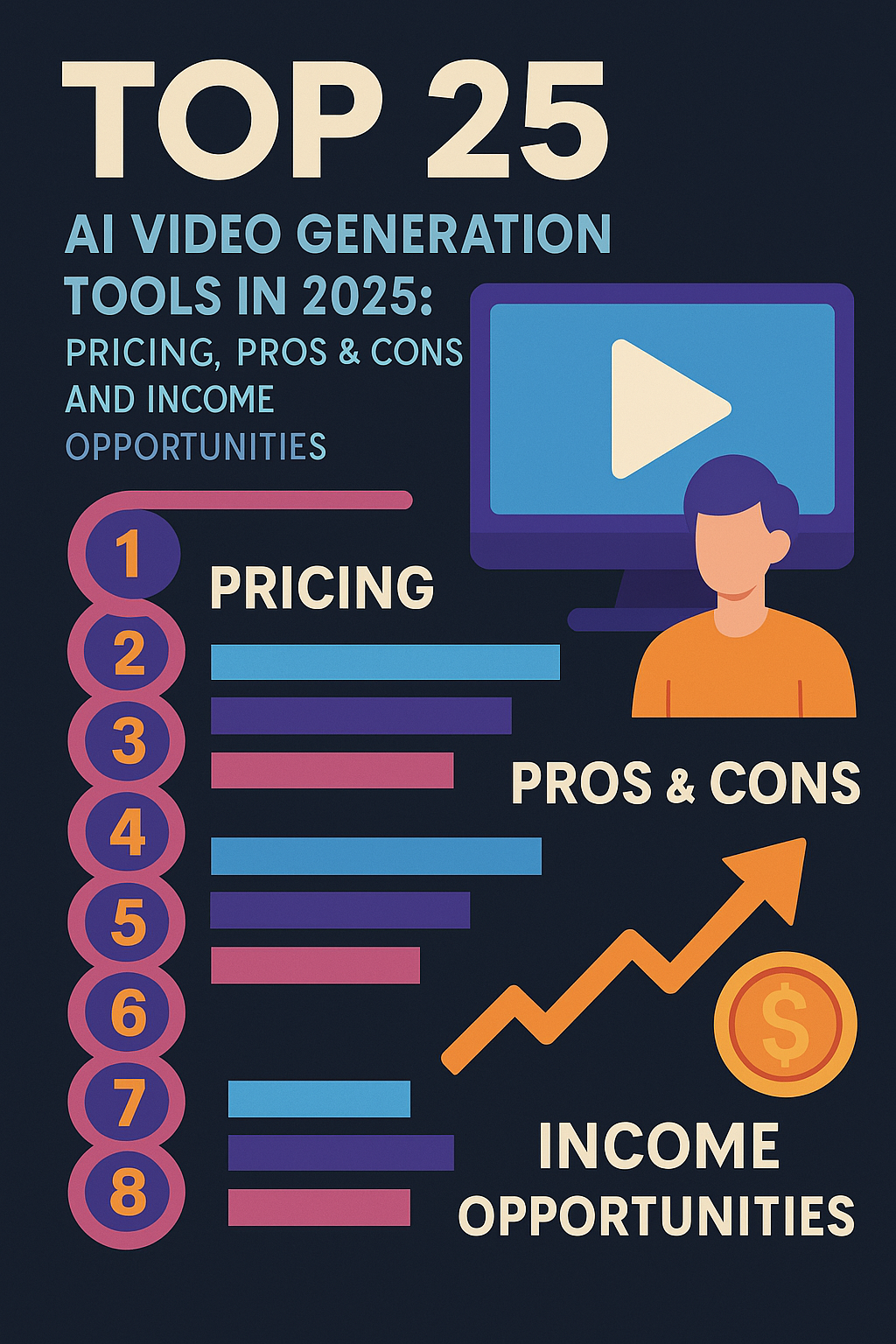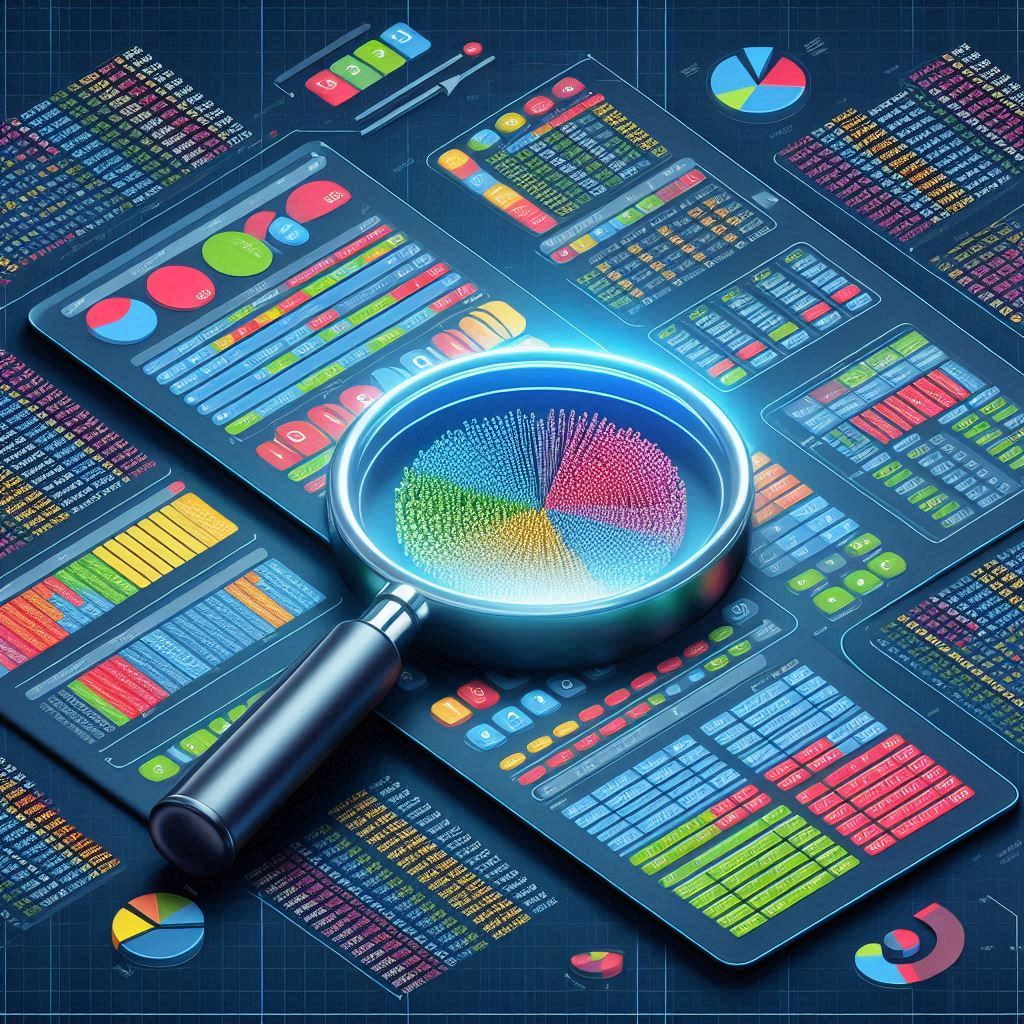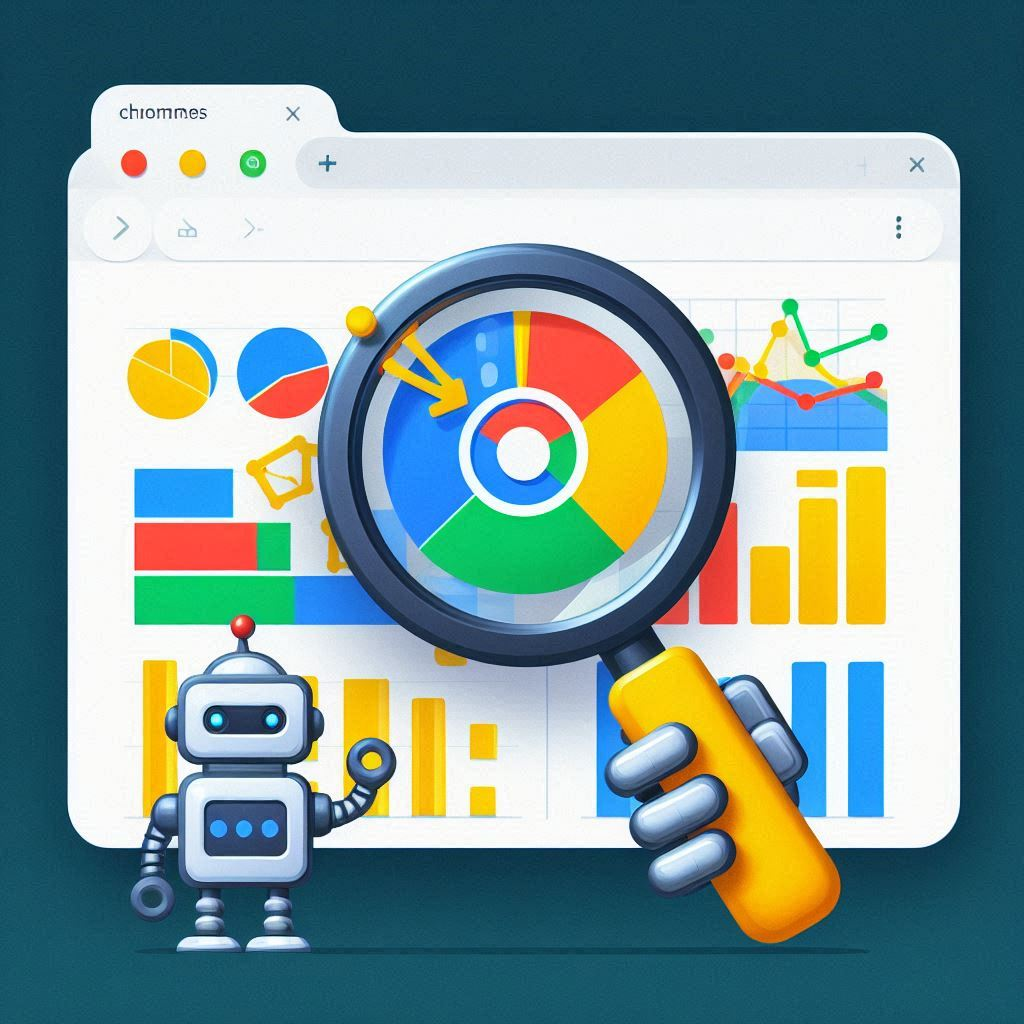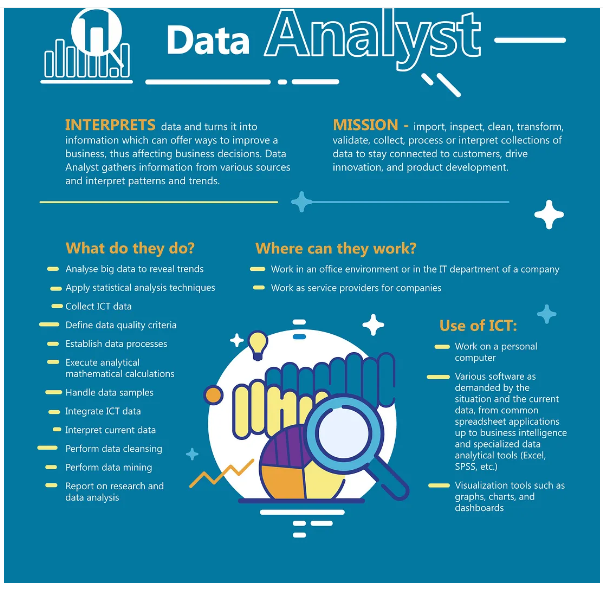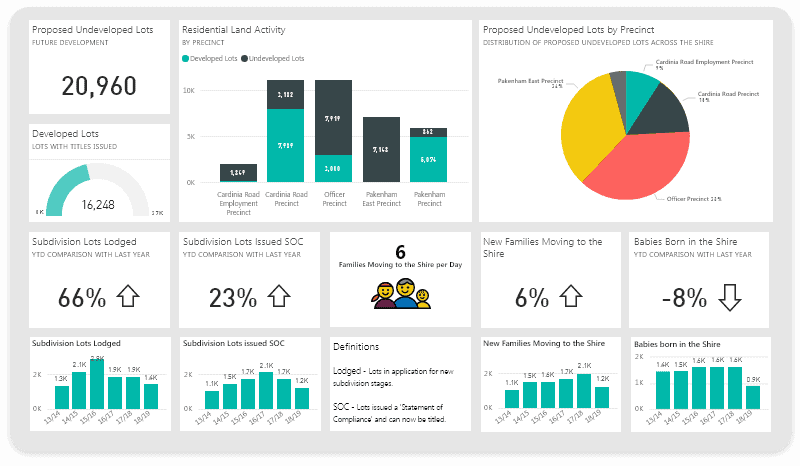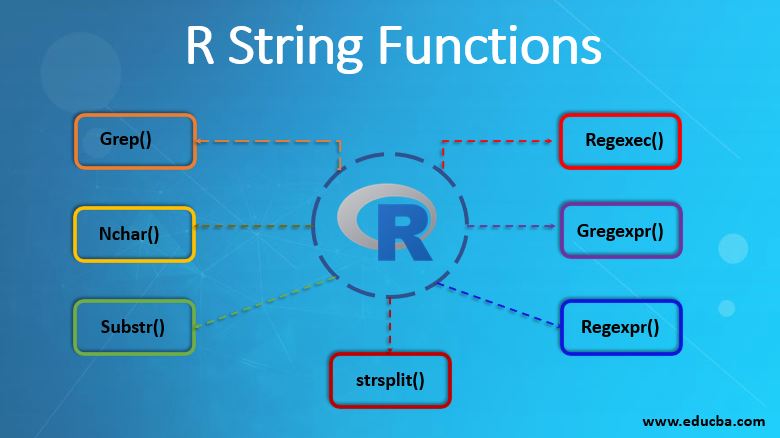
There are many different courses available for data analysts, both online and in-person. Some of the most popular courses include:
- Google Data Analytics Professional Certificate
- IBM Data Analyst
- Coursera Data Analysis with Python
- Udacity Data Science Nanodegree
- LinkedIn Learning Data Science Fundamentals
- edX Data Science for Everyone
- Master of Science in Data Science (offered by many universities)
These courses typically cover topics such as:
- Data collection and cleaning
- Data visualization
- Statistical analysis
- Machine learning
- Programming languages such as Python and R
In addition to these general courses, there are also many courses available that focus on specific data analysis skills or applications. For example, there are courses on data analysis for marketing, data analysis for finance, and data analysis for healthcare.
When choosing a data analytics course, it is important to consider your specific needs and goals. If you are new to data analysis, you may want to start with a general course that covers the basics. If you have some experience, you may want to choose a course that focuses on a specific skill or application.
Here are some tips for choosing a data analytics course:
- Consider your budget. Some courses are free, while others can cost thousands of dollars.
- Look at the course syllabus to make sure that it covers the topics that you are interested in.
- Read reviews of the course to see what other students have thought of it.
- Make sure that the course is accredited by a reputable organization.
Once you have chosen a data analytics course, be sure to complete it and get your certificate. This will show potential employers that you have the skills and knowledge necessary for the job.
Google Data Analytics Professional Certificate
The Google Data Analytics Professional Certificate is a six-month online certificate program designed to teach you the skills you need to become an entry-level data analyst. The program covers topics such as data collection and cleaning, data visualization, statistical analysis, and machine learning. You will learn how to use popular data analysis tools such as Excel, SQL, and Tableau. The program also includes real-world projects that will give you the opportunity to apply your skills to real-world data.
IBM Data Analyst
The IBM Data Analyst course is a self-paced online course that teaches you the skills you need to become a data analyst. The course covers topics such as data collection and cleaning, data visualization, statistical analysis, and machine learning. You will learn how to use popular data analysis tools such as Excel, SQL, and Python. The course also includes a capstone project that will give you the opportunity to apply your skills to a real-world data set.
Coursera Data Analysis with Python
The Coursera Data Analysis with Python course is a four-week online course that teaches you the basics of data analysis using the Python programming language. The course covers topics such as data collection and cleaning, data visualization, statistical analysis, and machine learning. You will learn how to use popular Python libraries for data analysis, such as NumPy, Pandas, and Matplotlib.
Udacity Data Science Nanodegree
The Udacity Data Science Nanodegree is a six-month online program that teaches you the skills you need to become a data scientist. The program covers topics such as data collection and cleaning, data visualization, statistical analysis, machine learning, and deep learning. You will learn how to use popular data science tools such as Python, R, and SQL. The program also includes a capstone project that will give you the opportunity to apply your skills to a real-world data set.
LinkedIn Learning Data Science Fundamentals
The LinkedIn Learning Data Science Fundamentals course is a self-paced online course that teaches you the basics of data science. The course covers topics such as data collection and cleaning, data visualization, statistical analysis, and machine learning. You will learn how to use popular data science tools such as Python, R, and SQL.
edX Data Science for Everyone
The edX Data Science for Everyone course is a self-paced online course that teaches you the basics of data science. The course covers topics such as data collection and cleaning, data visualization, statistical analysis, and machine learning. You will learn how to use popular data science tools such as Python, R, and SQL.
Master of Science in Data Science
A Master of Science in Data Science is a two-year graduate degree that teaches you the skills you need to become a data scientist. The degree covers topics such as data collection and cleaning, data visualization, statistical analysis, machine learning, and deep learning. You will also learn how to use popular data science tools such as Python, R, and SQL.
Which course is right for you?
The best course for you will depend on your individual needs and goals. If you are new to data analysis, you may want to start with a general course that covers the basics. If you have some experience, you may want to choose a course that focuses on a specific skill or application. If you are serious about becoming a data scientist, you may want to consider pursuing a Master of Science in Data Science degree.
Here are some additional factors to consider when choosing a data analytics course:
- Cost: Some courses are free, while others can cost thousands of dollars.
- Time commitment: Some courses are self-paced, while others require you to attend live classes.
- Prerequisites: Some courses have prerequisites, such as a knowledge of programming or statistics.
- Instructor: Consider the experience and qualifications of the instructor.
- Curriculum: Make sure that the course covers the topics that you are interested in.
- Reputation: Research the reputation of the course provider.
Once you have considered all of these factors, you can choose the data analytics course that is right for you.




